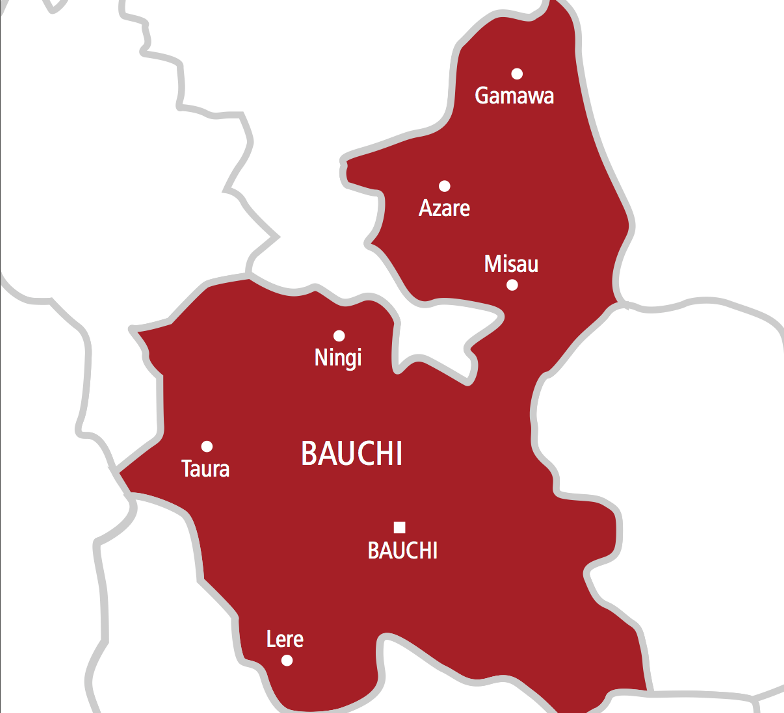NAN
The Water, Sanitation and Hygiene (WASH) in Emergency Working Group on Friday expressed concern over recurring cases of cholera in Bauchi state, calling for continuous advocacy and interventions.
The News Agency of Nigeria (NAN) reports that the group works in providing humanitarian assistance and interventions in emergency situation, especially in the North-East.
At the meeting with stakeholders in Abuja, the group expressed worry that in spite of interventions and intermittent Oral Cholera vaccinations (OCV), cholera cases were still re-occurring.
Mr Sebastian Yennan, Incidence Manager, Cholera, Nigeria Centre for Disease Control (NCDC), stressed the need for Bauchi state government to take ownership of protecting its water sources from contamination.
READ ALSO WHO expects more Ebola cases in Congo, can’t reach no-go areas
He said the centre was working to encourage states to take steps at scaling up access to water and sanitation, saying although the situation has been stabilised, more concerted efforts were needed to avoid preventable deaths.
Quoting the statistics from the WASH Monitoring Dashboard, Mr Ibiyemi Olu-Daniels, a representative from the Ministry of Water Resources, said although cholera situation in Bauchi was stabilised, the State taskforce reported 9,662 cases and 28 deaths as at July 15.
He said no fewer than eight local government areas were affected, making the state a critical hotspot, with a Case Fatality Rate (CFR) of 0.3 per cent.
“Endemic causes must be addressed by the Government; the old and defected water pipes of the urban water system of Bauchi town, which are poorly managed, pass through garbage dumping sites, gutters and depressions where sewage is dumped.
“These, coupled with water rationing system results in frequent contamination of water supplies, are the main causes of the crisis in Bauchi state.’’
The official said since the outbreak, interventions coordinated by the State Ministry of Health, with support from development partners was able to carry out OCV in 15 affected wards in Bauchi LGA and 3 communities in Ganjuwa and Tafawa Balewa LGAs.
Mr Baba Galadima, WASH Response and Collaboration, Federal Ministry of Water Resources, said the ministry has begun processes to test water quality in its six laboratories across the six geo-political zones, saying this would go a long way to promote water quality.
Baba added that the interventions also includes carrying out mini-filtration of existing water schemes through chlorination for the overall goal of promoting access to safe water sources and improved livelihood.
READ ALSO Pakistani lawmakers elect Imran Khan as new PM
In a similar vein, stakeholders at the event worried about the deficit in meeting the funding requirement for the humanitarian response plan, which still stood at $48.7million.
It would be recalled that 80 per cent of the funds, which stood at $38.92 million, was still not met, with the provision of $9.81 million from the UN Office for Coordination of Humanitarian activities (OCHA).
The overall target was to reach 2,886,351 persons, who are in need of WASH humanitarian assistance.
The stakeholders urged partners to take measures to ensure that water facilities and latrines are flood prone, by constructing raised latrines on elevated grounds and protection of hand pump boreholes for long -term sustainability.

